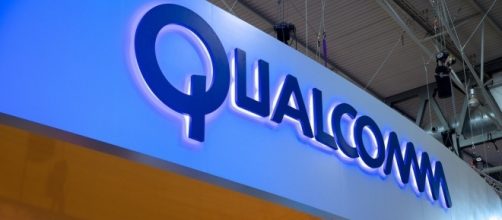Qualcomm, the world’s largest wireless chipmaker, asked the U.S. International Trade Commission, or ITC, to ban the import of certain models of iPhones and iPads into the country. Fortune reported that the company also wants the commission to ban the sales of the units that are already available in the U.S. after the chipmaker complained that Apple had infringed on patent rights that Qualcomm reserved for some of its technologies.
Why Qualcomm wants to ban import and sales of some iDevices
The chipmaker said that the Cupertino-based company infringed on at least six patents from Qualcomm.
The technologies which Apple is claimed to have infringed on include the ones used for integration into U.S. carriers and also to improve battery backup even during communications. The patents in question were all granted to Qualcomm between 2013 and 2017.
Qualcomm is essentially asking the ITC to ensure that Apple stops the sale of all its devices which house the LTE chips. This ban, if put into effect, would prevent the sales of AT&T and T-Mobile iPhone 7 and iPhone 7 Plus models, which include Intel’s chips. Some iPads would also be affected by the ban.
Don Rosenberg, Qualcomm’s general counsel, said that Apple had been using the chipmaker’s patented technologies in its devices but were not paying the company for them.
He claimed that the company would not have demanded a ban on these handsets if Apple made the payments similar to the other OEMs that license Qualcomm’s products.
However, it was also reported that any ban affecting the iPhone 7, iPhone 7 Plus, and all future Apple handsets would not be coming into effect for at least 18 months.
So, sales of the three new iPhone models to be released later this year will not be affected. Qualcomm wants the ITC to look into the filing in August and issue a date for the hearing in 2018.
History of Apple and Qualcomm disputes
Both companies have been at each other’s throats for a while now and it all started back in January.
The FTC claimed that Qualcomm engaged in anti-competitive behavior when it comes to their licensing programs. Following these claims, Apple sued the chipmaker for $1 billion, accusing Qualcomm of charging unfair royalties for products and technologies that the chipmaker had nothing to do with.
In April, The Verge reported that Qualcomm sued Apple as well on charges of breaching licensing agreements and making false statements against the chip making company. Apple was also accused of encouraging regulatory attacks against the chipmaker. This bitter struggle between the two prompted Apple to stop making any payments to Qualcomm until the amount of remuneration could be decided by the court.


